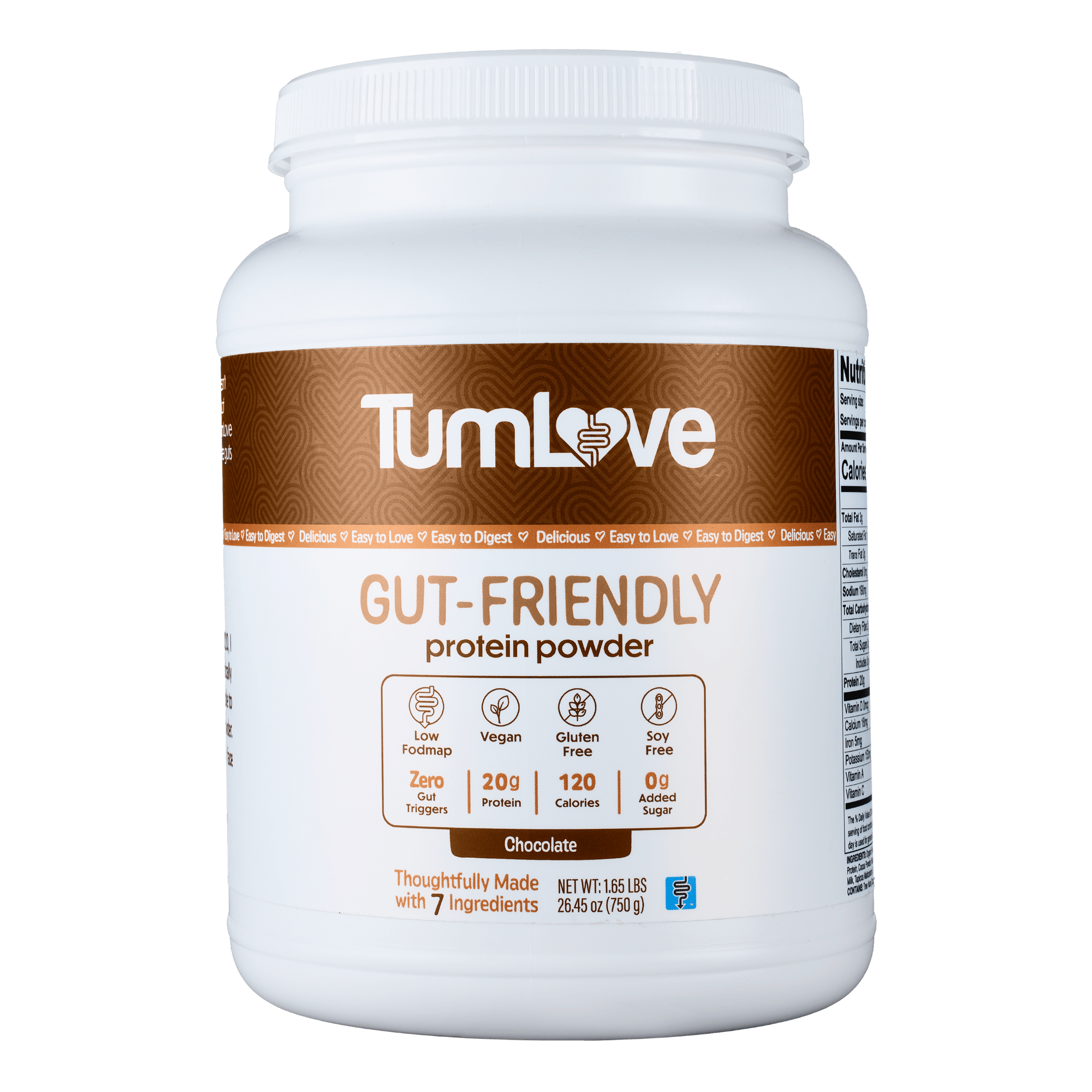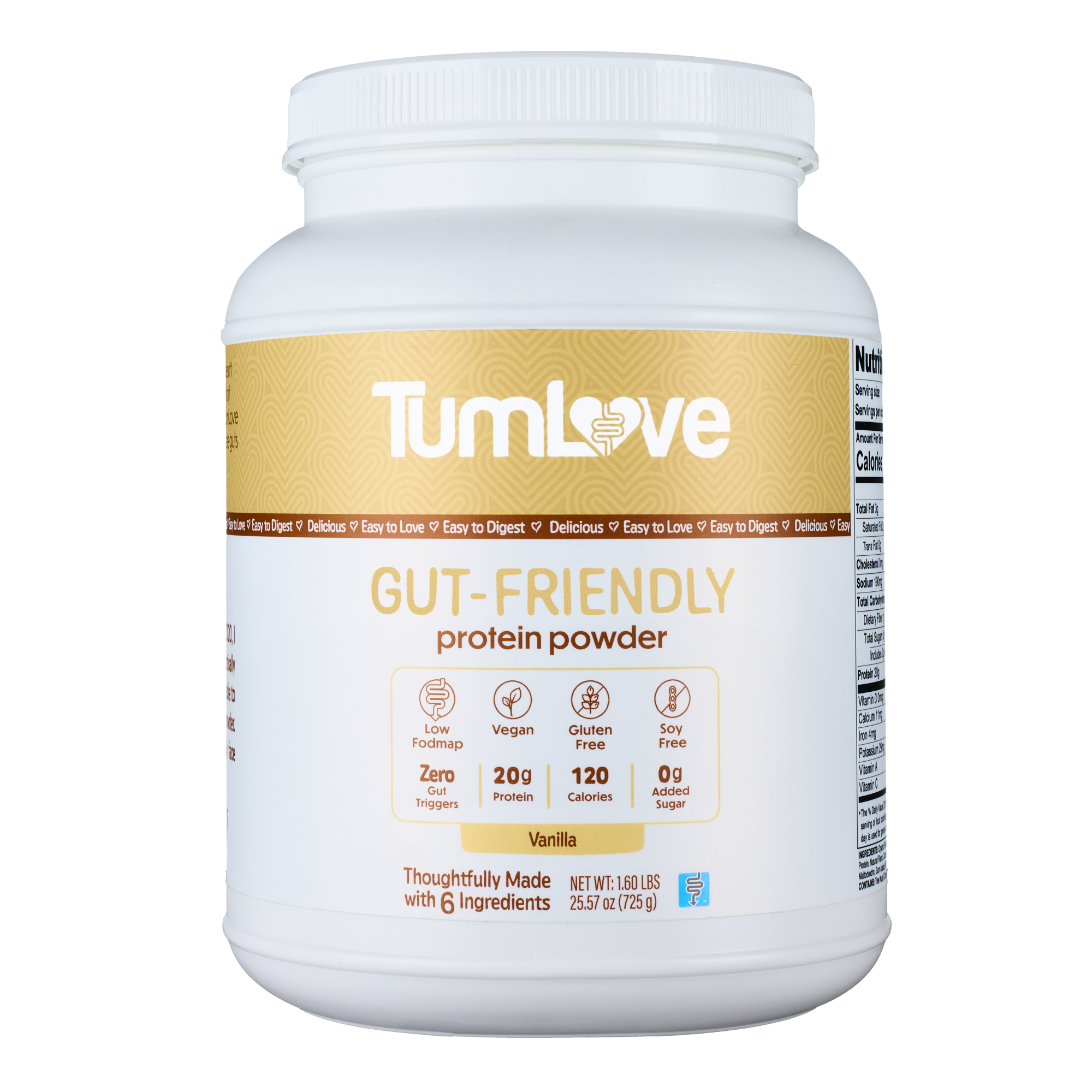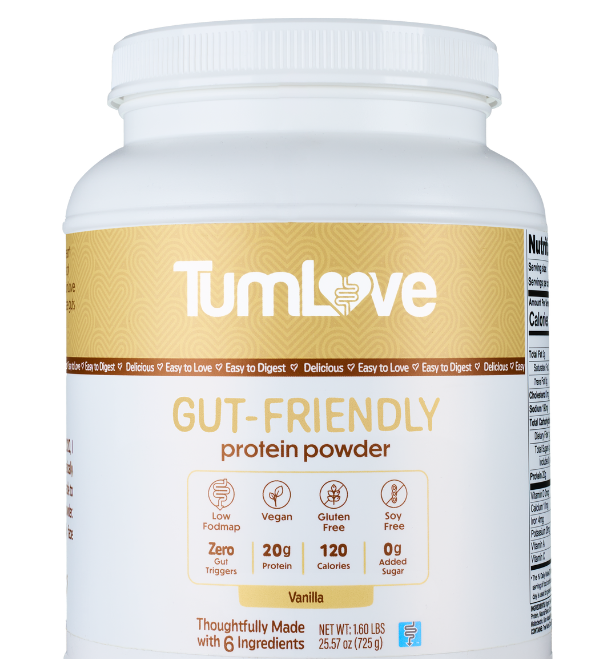When dealing with gastrointestinal issues, it's natural to worry and wonder about the cause. Two conditions that can cause similar symptoms are Irritable Bowel Syndrome (IBS) and colon cancer. However, these conditions are vastly different in terms of their nature and treatment. In this article, we'll discuss the differences between IBS and colon cancer and provide some insight into the diagnosis process.
Understanding IBS
IBS is a common disorder that affects the large intestine. It's characterized by a group of symptoms that typically occur together, including abdominal pain and changes in bowel habits. It's considered a chronic condition that needs to be managed long term.
Common symptoms of IBS include:
- Abdominal pain or cramping
- Bloating
- Gas
- Diarrhea, constipation, or a combination of both
- Mucus in the stool
Unveiling Colon Cancer
Colon cancer, also known as colorectal cancer, is a type of cancer that begins in the large intestine. It usually starts as small, noncancerous clumps of cells called polyps. Over time, some of these polyps can become colon cancers. Unlike IBS, colon cancer is a life-threatening condition that requires immediate medical intervention.
Common symptoms of colon cancer include:
- A persistent change in bowel habits, including diarrhea or constipation
- Rectal bleeding or blood in the stool
- Persistent abdominal discomfort, such as cramps, gas, or pain
- A feeling that your bowel doesn't empty completely
- Unexplained weight loss
- Fatigue
Key Differences Between IBS and Colon Cancer
While both IBS and colon cancer can cause changes in bowel habits and abdominal pain, there are several key differences between the two.
Age
IBS can occur at any age, but it often begins in the late teens to early adult years. On the other hand, colon cancer is more commonly diagnosed in older adults, although it can occur at any age.
Symptom Onset
IBS symptoms are typically ongoing and occur over a long period. They might be intermittent, but the symptoms come and go over time. Conversely, colon cancer symptoms are often progressive, meaning they get worse over time.
Weight Loss
Unintentional weight loss can be a sign of colon cancer, but it's not typically associated with IBS.
Blood in Stool
Seeing blood in your stool can be alarming. While it can be a sign of colon cancer, it's rarely a symptom of IBS. If you notice blood in your stool, it's important to seek medical attention promptly.
Diagnosis: IBS vs Colon Cancer

The diagnostic process for both conditions involves a careful evaluation of symptoms and medical history, alongside various tests and procedures.
Diagnosing IBS
IBS is typically diagnosed based on symptoms and a process of elimination. Your doctor may use a set of criteria known as the Rome IV criteria, which include recurrent abdominal pain on average at least 1 day per week in the last 3 months, associated with at least two of the following: Pain related to defecation, change in frequency of stool, or change in form (appearance) of stool.
Additionally, your doctor may order tests to rule out other conditions, such as blood tests, stool tests, and imaging tests like a CT scan or colonoscopy.
Diagnosing Colon Cancer
For colon cancer, the doctor will usually conduct a colonoscopy to examine the inside of the colon and rectum. During this procedure, any polyps discovered will be removed and sent for biopsy to determine whether they are cancerous.
Additional tests such as blood tests and imaging tests may also be performed to confirm the diagnosis and determine the stage of cancer.
Conclusion
Dealing with gastrointestinal issues can be a stressful experience, particularly when trying to distinguish between conditions like IBS and colon cancer. It's crucial to consult a healthcare professional if you're experiencing persistent symptoms. Early detection and appropriate treatment can make a significant difference in managing both IBS and colon cancer.
Maintaining good gut health is an important part of overall wellness. Choosing a diet that suits your digestive system, including gut-friendly supplements like our vegan, low FODMAP protein powder from Tumlove, can go a long way in supporting your digestive health and overall wellbeing.
Shop Now





